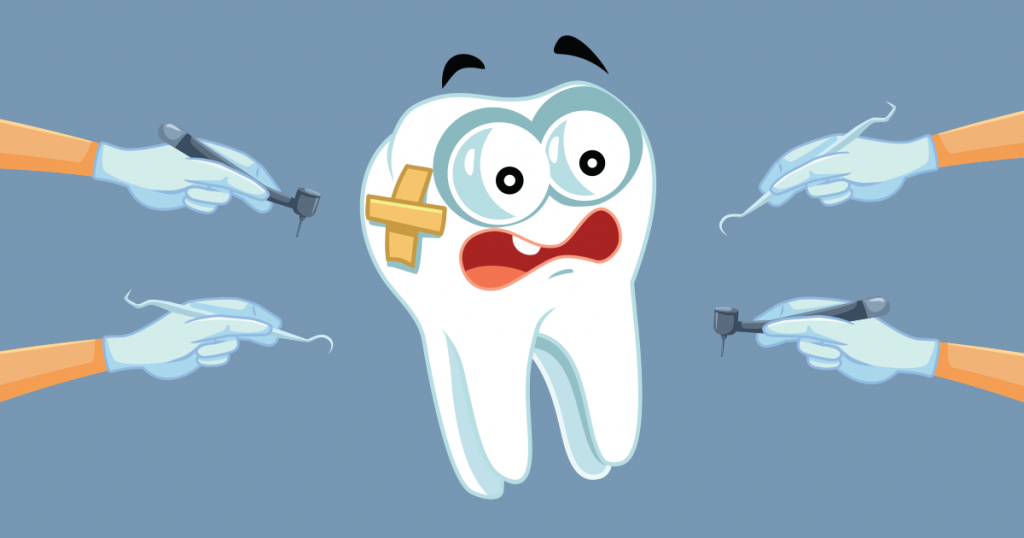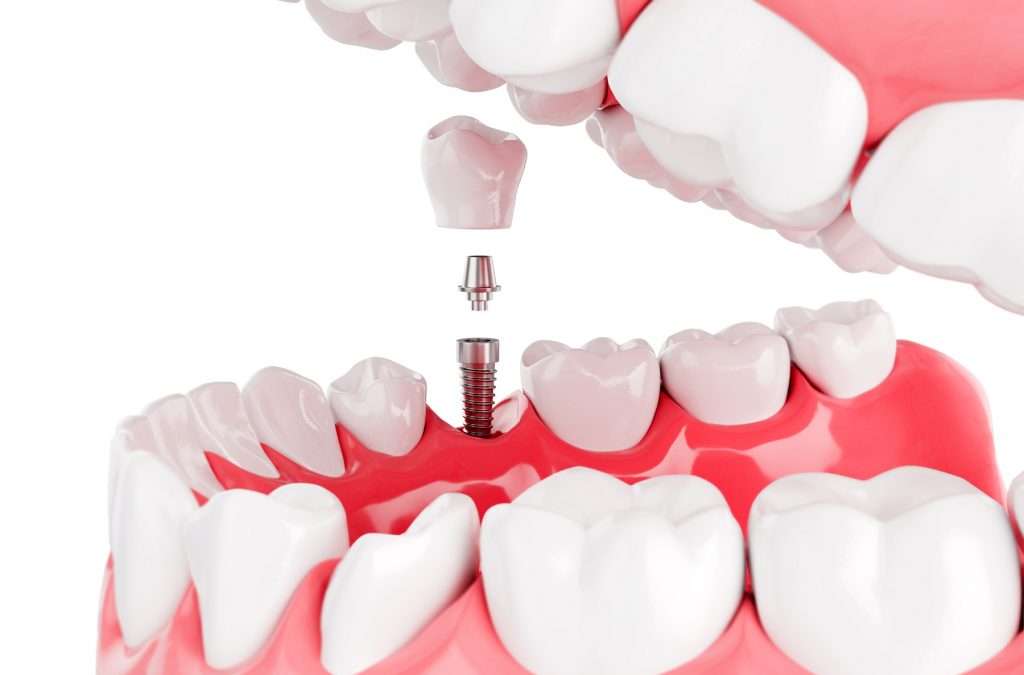Tooth decay is one of the most common dental issues worldwide. It can start small, often unnoticed, and progress into a serious problem if left untreated. Understanding what causes tooth decay, how to prevent it, and the available treatments can help you maintain a strong, healthy smile.
What is Tooth Decay?
Tooth decay, also known as dental caries or cavities, occurs when the enamel (the outer layer of your teeth) is damaged by acids produced by bacteria in your mouth. Over time, this can lead to holes in the teeth, pain, and even infections if not treated properly.
Causes of Tooth Decay
Several factors contribute to tooth decay, including:
1. Poor Oral Hygiene
Not brushing and flossing regularly allows plaque (a sticky film of bacteria) to build up on teeth, leading to enamel erosion.
2. Sugary and Acidic Foods
Frequent consumption of sugary snacks, sodas, and acidic foods creates an environment where bacteria thrive, producing acids that attack tooth enamel.
3. Lack of Fluoride
Fluoride strengthens enamel and helps prevent cavities. Not using fluoride toothpaste or drinking fluoridated water can increase the risk of decay.
4. Dry Mouth
Saliva plays a crucial role in washing away food particles and neutralizing acids. A dry mouth, often caused by medications or medical conditions, can lead to an increased risk of tooth decay.
5. Plaque Buildup and Bacteria
Certain bacteria in the mouth feed on sugars and produce acids that weaken tooth enamel over time. If plaque is not removed through proper brushing and flossing, decay can set in.
Signs and Symptoms of Tooth Decay
Tooth decay progresses in stages. Here are some common signs to watch out for:
- Early stage: White or dark spots on the teeth
- Mild decay: Sensitivity to hot, cold, or sweet foods
- Moderate decay: Visible cavities (holes) and mild tooth pain
- Severe decay: Intense toothache, infection, and swelling
If you experience any of these symptoms, it’s important to see your dentist as soon as possible to prevent further damage.
How to Prevent Tooth Decay
The good news is that tooth decay is largely preventable with the right habits:
✔ Brush twice daily with fluoride toothpaste
✔ Floss daily to remove plaque between teeth
✔ Limit sugary and acidic foods in your diet
✔ Drink plenty of water to help wash away food particles
✔ Visit your dentist regularly for check-ups and cleanings
✔ Use fluoride treatments or dental sealants if recommended by your dentist
Treatment Options for Tooth Decay
If tooth decay is detected early, it can be treated easily. However, more advanced decay may require extensive treatment. Common treatment options include:
- Fluoride Treatments: Help strengthen enamel and reverse early decay.
- Fillings: Used to restore teeth with mild to moderate cavities.
- Crowns: Recommended when decay is extensive and the tooth needs more support.
- Root Canal: Needed if decay reaches the tooth’s nerve, causing infection.
- Tooth Extraction: If a tooth is beyond repair, removal may be necessary.
Tooth decay is preventable with good oral hygiene and regular dental visits. By taking care of your teeth daily and addressing issues early, you can maintain a healthy, strong smile for years to come.
Need a Dental Checkup?
If you’re experiencing tooth sensitivity or want to keep your smile in top shape, schedule an appointment with DentalHouse today
DentalHouse | Dr. Mashooda Gafoor
031 207 4022 | WhatsApp: 081 529 3580
admin@dentalhouse.co.za




